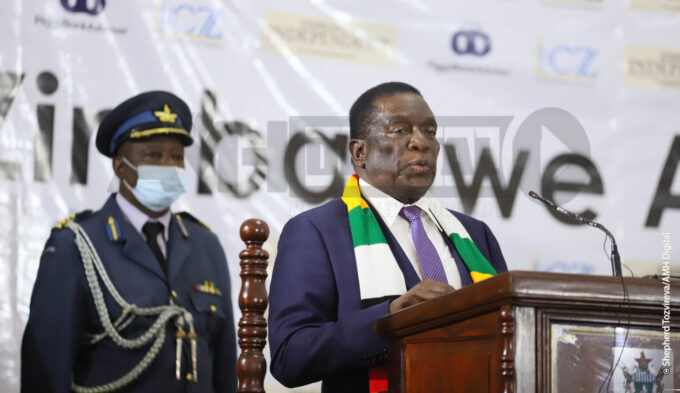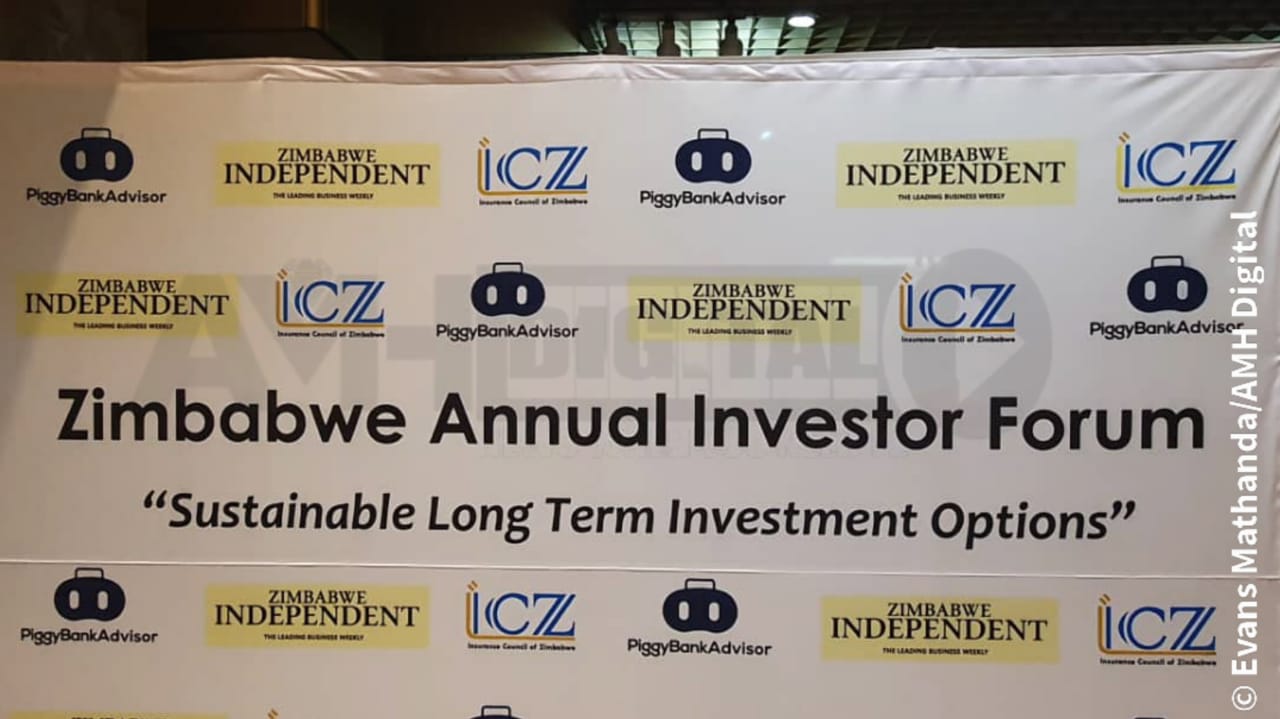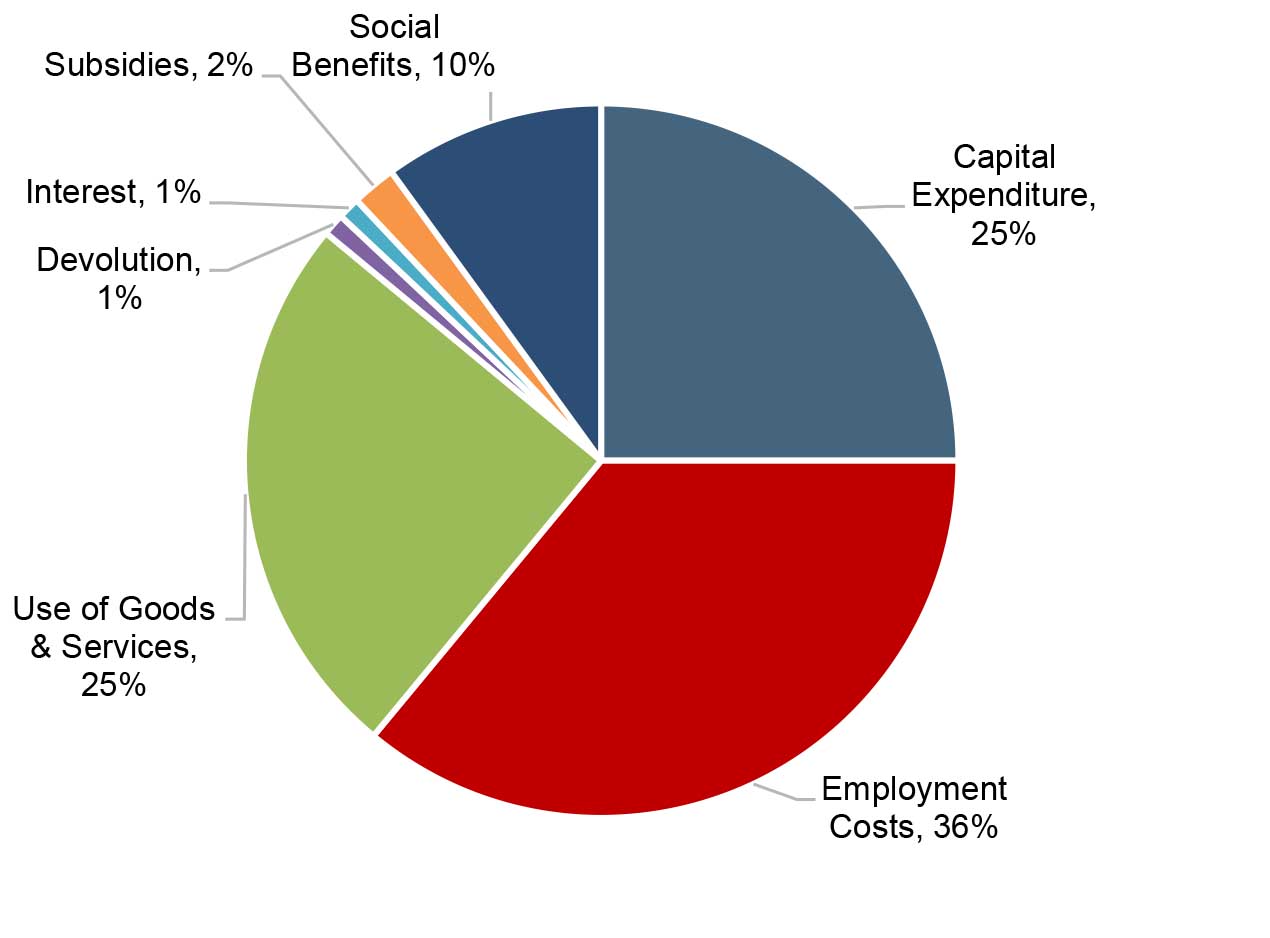
LORRAINE NDEBELE ZIMBABWE’S national policies for advancing gender equality have been commended but the African Development Bank (AfDB), however, noted that challenges faced by women worsened during the Covid-19 pandemic.
The AfDB hailed Zimbabwe’s policies, among other four countries in its Country Gender Profiles, which also included Benin, Djibouti, Somalia and Liberia. The bank said women experienced an increase in gender-based violence, and bore the burden of performing unpaid work or low-paying labour in the informal sector.
In collaboration with these countries and its international partner United Nations (UN) Women, the bank’s country gender profiles evaluate gender equality and offer recommendations to drive parity across a range of metrics and these include strategies to bolster the responsiveness of development initiatives.
“The country gender profiles are timely as countries define actions and policies to support recovery from the pandemic. Gender data and analysis are critical but remain limited, slowing the achievement of the gender agenda. We hope these reports will help address this important challenge,” the bank’s acting Gender, Women and Civil Society director, Amel Hamza said.
Zimbabwe and the other four countries have achieved some progress in addressing discriminatory laws and policies. The five countries have institutional mechanisms dedicated to gender equality, such as the Ministry of Women’s Affairs.
In a statement, the AfDB said: “The reports nonetheless conclude that women remain disproportionately affected by poverty, and that the Covid-19 pandemic exacerbated gender inequality”.
These reports also recommend that gender equality be prioritised in Covid-19 recovery programmes.
The bank issued its first country gender profiles in 2004 and its latest publication in the series was part of a roll out of its new Gender Strategy for 2021-2025, which promotes investing in Africa’s women to accelerate inclusive growth.
- Chamisa under fire over US$120K donation
- Mavhunga puts DeMbare into Chibuku quarterfinals
- Pension funds bet on Cabora Bassa oilfields
- Councils defy govt fire tender directive
Keep Reading
The objective of the Zimbabwe gender profile is to undertake a gender assessment to identify key gender inequalities that constrain inclusive growth by assessing the existing policy and legal frameworks, the institutional and human resources capacity for advancing gender equality and empowerment of women from a gender perspective.
It also assesses the socio-economic impacts of the Covid-19 on women and men, and recommends key areas for strategic actions to address existing gender gaps and inequalities identified.
Country gender profile also provides concrete recommendations and strategies in accelerating the advancement of gender equality and the social and economic empowerment of women. It also provides recommendations and guidance to promote gender sensitivity of future programming and projects.
Zimbabwe has made strides to ensure gender equality through the Constitution but Women’s Affairs minister Sithembiso Nyoni said government would like to make further progress through implementation.
She said Zimbabwe still had impunity when it comes to gender equality.
“It is important that we start implementing and not just celebrating policies as the strategy translates the gender equality provisions of National Gender Policy into workable actions,” she said.
Women are encouraged to take advantage of the Africa Continental Free Trade Area, which has created a large market for goods and services as well as investment opportunities.
An analysis of past policies since independence in 1980 shows that Zimbabwe has developed and adopted a legal framework to tackle gender inequalities at the national and international levels.
However, in a policy brief presentation recently, Margaret Mutsamvi, the Economic Justice for Women Project director said while the government has made strides in alleviating women from gender-related imbalances, more still needs to be done on the economic front.
“There remain gaps in implementation and alignment of these legal instruments. In some instances, especially in operationalising regional, continental and international instruments, Zimbabwe remains one of the laggards,” she said.
The National Gender Policy provides for concrete measures and strategies to mainstream gender in constitutional and legal rights, economic empowerment, as well as, media information communication and technology.











